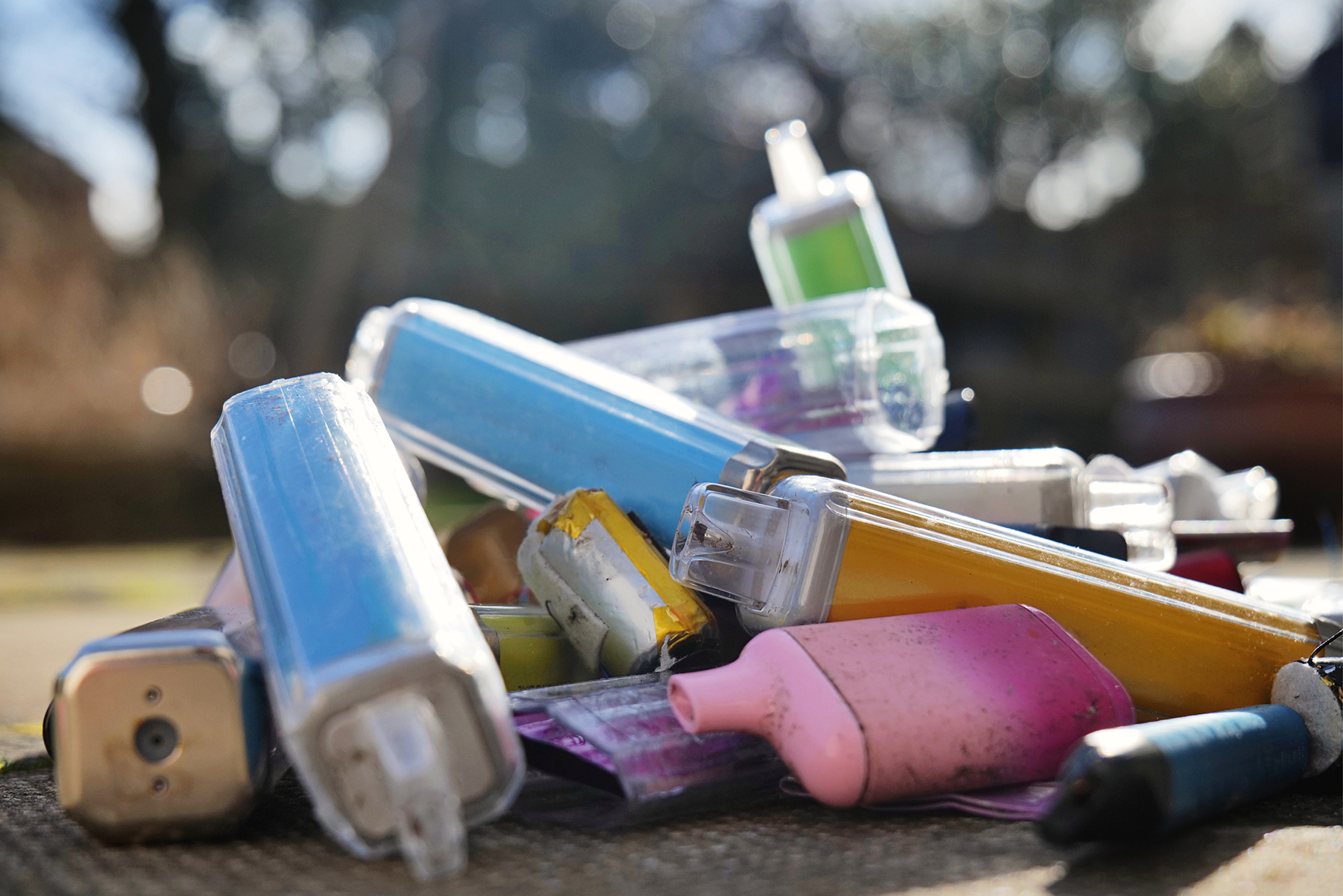Lorem ipsum dolor sit amet, consectetur adipiscing elit. Curabitur eleifend tortor nec augue pretium


Gearing up to be lively for legislative changes, 2025 has already seen major new requirements coming into force, and more reforms and updates are on the horizon. Here’s what we can look forward to.
The Scottish government has published the Draft Environmental Authorisations (Scotland) Amendment Regulations 2025, making important amendments to bring water, waste and industrial emissions into the framework for the authorisation of environmental activities.
The existing framework was established in 2018, and began by establishing a system of authorisation for radioactive substances activities. However, the situation is more complex than it needs to be, with the four existing main environmental regimes regulated at many locations throughout Scotland with multiple authorisations under different legislation. An integrated structure under a single standardised procedure aims to streamline and simplify proceedings.
As businesses and households in England begin to get their heads around the requirements for separating their recycling and food waste for collection, from March 2025 and 2026 respectively, the government has now issued a policy update to clarify what had become a confusing situation.
New draft regulations have been published, replacing ones from last year that had stalled because of the change in government. If made into law, the new regulations will allow the combined collection of metal, glass and plastic waste from all premises. This means the government’s “maximum default requirement” is for four waste containers at all premises, which can be any container type, including bags, bins or stackable boxes.
In December’s Transform, we highlighted the long-anticipated Draft Producer Responsibility Obligations (Packaging and Packaging Waste) Regulations 2024. They became published legislation just before Christmas and began to come into force on 1 January 2025. Various transitional provisions mean they do not fully replace the previous Producer Responsibility Obligations regime until 1 January 2026.
ON THE WATCHLIST
The Department for Energy Security and Net Zero is consulting on reforms to the energy performance of buildings (EPB) regime in England and Wales, including what Energy Performance Certificates measure, when they are needed and, crucially, to increase compliance with the requirements of air-conditioning inspection reports.
In response to its consultation on reforms to the Waste Electrical and Electronic Equipment (WEEE) Regulations, the government has not given a clear signal on the main policy proposals, but has confirmed that legislation on single-use vapes will be amended in 2025. It will introduce new obligations on online marketplaces to contribute to the cost of collection, treatment, reuse and recycling of WEEE.
The UK’s Department for Transport has published a consultation on plans to end the sale of new petrol and diesel cars by 2030 and the transition to zero-emissions vehicles (ZEVs). Part one covers the phase-out, and Part two relates to the ZEV mandate, which will be delivered through vehicle emissions trading schemes.
IN COURT
A company that produces electricity from food waste by anaerobic digestion has been fined more than £300,000 after an explosion seriously injured two employees. This lengthy and technically complex investigation was brought jointly by the Environment Agency and the Health and Safety Executive.
Lastly, in case law, in Alame v Shell Plc, the Court of Appeal has addressed the handling of oil pollution claims against Shell by Nigerian communities, who had argued that some spills were documented while others were not.
Neil Howe PIEMA is head of writing at Barbour EHS